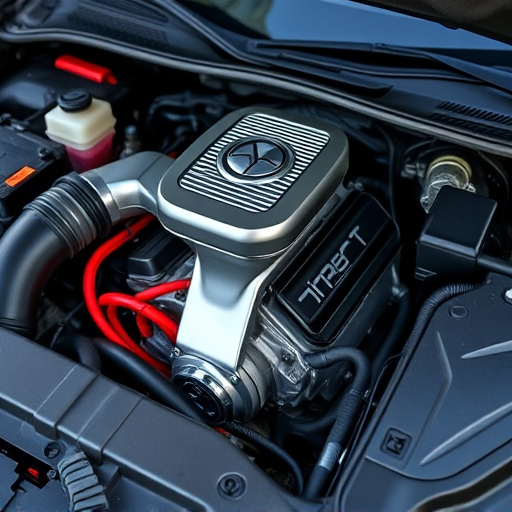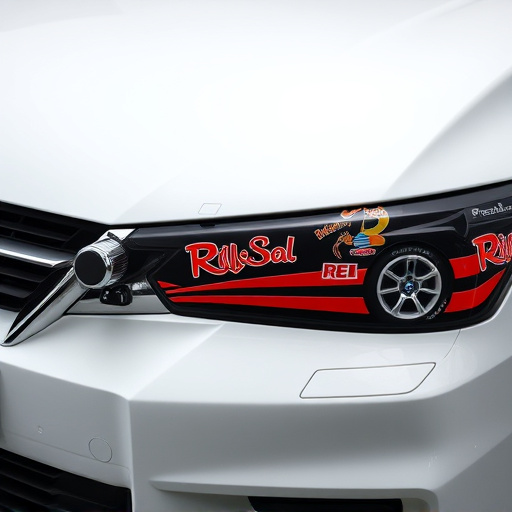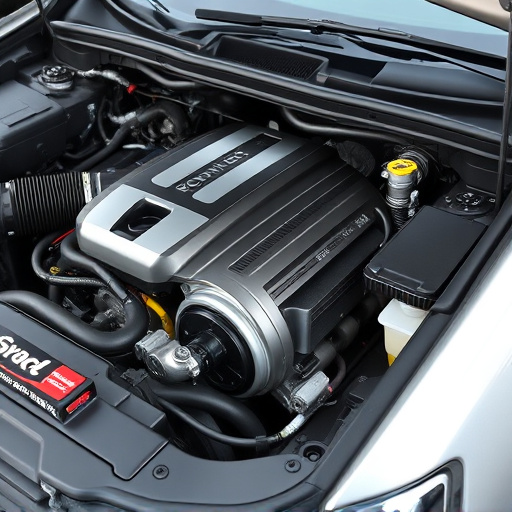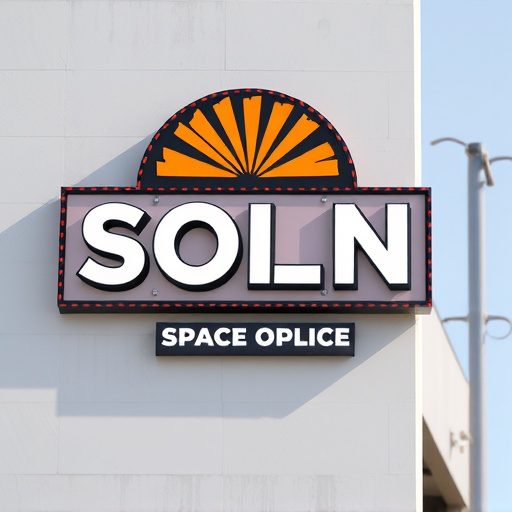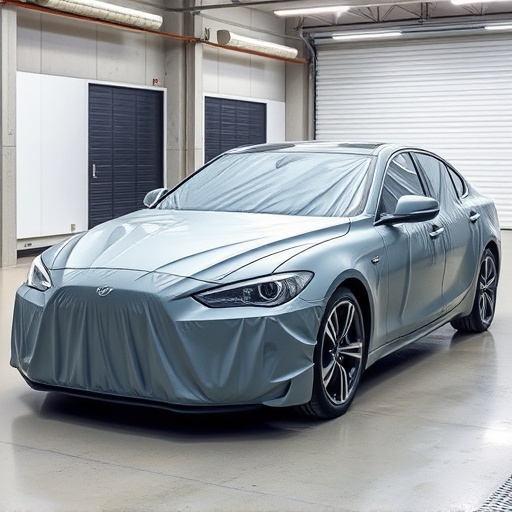Window tinting services offer multiple benefits, enhancing vehicle aesthetics, comfort, and fuel efficiency by reducing heat transfer and sunlight ingress through specialized films. They also protect interiors from UV rays, preserving value and minimizing maintenance needs. These services contribute to environmental sustainability and long-term cost savings for vehicle owners.
“Discover how window tinting services can transform your vehicle’s fuel efficiency. This article explores the science behind darkened glasses and its surprising impact on reducing drag, leading to better mileage. We’ll delve into long-term savings and provide insights on measuring tinting’s efficiency benefits. Understanding these factors empowers car owners to make informed decisions, gradually improving their fuel economy without compromising style.”
- Understanding Window Tinting's Impact on Fuel Economy
- The Science Behind Darkened Glasses and Reduced Drag
- Long-Term Savings: Measuring Tinting's Efficiency Benefits
Understanding Window Tinting's Impact on Fuel Economy

Window tinting services have gained popularity as an effective method to enhance vehicle aesthetics and comfort. However, beyond its cosmetic benefits, window tinting plays a significant role in improving fuel efficiency. The science behind this is rooted in the reduction of heat transfer into the vehicle interior through tinted windows. This process slows down the heating up of the cabin, thereby decreasing the workload on the air conditioning system. As a result, vehicles with tinted windows consume less energy for cooling, leading to better overall fuel economy.
Moreover, some window tinting services offer additional advantages like UV protection, which blocks harmful rays from penetrating the vehicle. This not only preserves the quality of interiors but also reduces the need for frequent paint correction or vehicle wraps to maintain a pristine look. By combining these features, window tinting becomes a comprehensive solution that contributes to both environmental sustainability and cost savings for vehicle owners over time.
The Science Behind Darkened Glasses and Reduced Drag
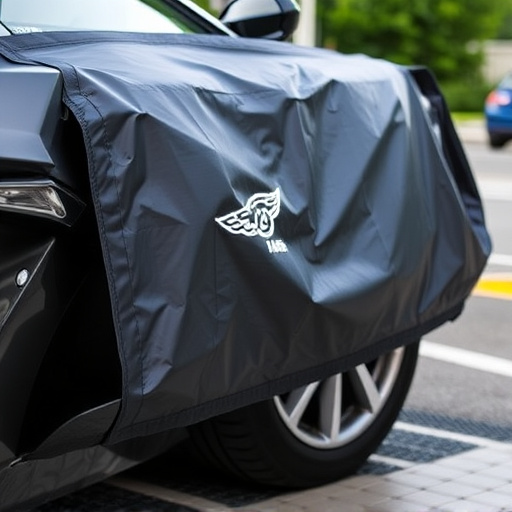
The science behind window tinting services is quite fascinating. By darkening glass, specialized films reduce the amount of sunlight and heat that enters a vehicle. This isn’t just about comfort; it significantly impacts fuel efficiency by minimizing the need for air conditioning. The reduced interior temperature lowers the overall load on the car’s cooling system, thereby decreasing energy consumption and enhancing overall performance.
Moreover, tinted windows create a smoother airflow around the vehicle, effectively reducing drag. This aerodynamic benefit is particularly noticeable in the case of custom vehicle wraps and vinyl wraps, where precise cutting and installation of tint films contribute to a sleek, seamless look that enhances fuel efficiency gradually over time. High-quality finishes play a crucial role here, ensuring not just aesthetic appeal but also optimized performance on the road.
Long-Term Savings: Measuring Tinting's Efficiency Benefits

Window tinting services aren’t just about aesthetics; they offer long-term savings by gradually improving fuel efficiency. The reduction in heat transfer through tinted windows lowers the need for air conditioning, which significantly reduces energy consumption and cuts down on fuel costs. Over time, these savings can add up to substantial amounts, making window tinting a cost-effective vehicle enhancement.
Moreover, protective coatings used in high-quality window tinting services don’t just shield your vehicle from harmful UV rays; they also contribute to maintaining the value of your car’s interior. By preventing excessive fading and damage caused by sunlight, these coatings extend the life of your vehicle’s furnishings, which can be a significant factor in resale value. Thus, investing in professional window tinting services is not only an environmentally conscious choice but also a smart move for protecting and enhancing your vehicle.
Window tinting services have emerged as a smart, long-term solution for vehicle owners seeking both style and fuel efficiency. By understanding the science behind reduced drag on glass surfaces, we can appreciate how window tinting gradually contributes to improved fuel economy. Over time, these benefits translate into significant cost savings, making it a worthwhile investment for eco-conscious drivers. Embrace window tinting as a sustainable way to enhance your vehicle’s performance and cut down on fuel expenses.

